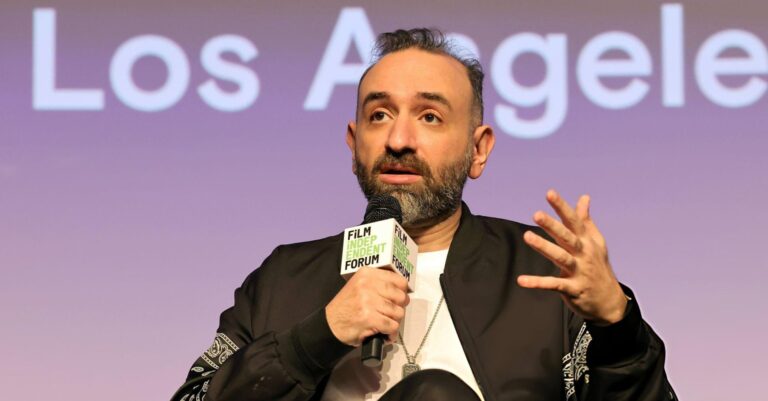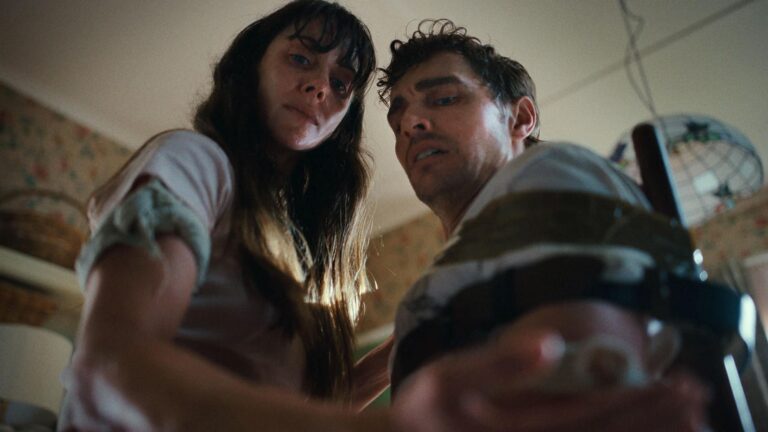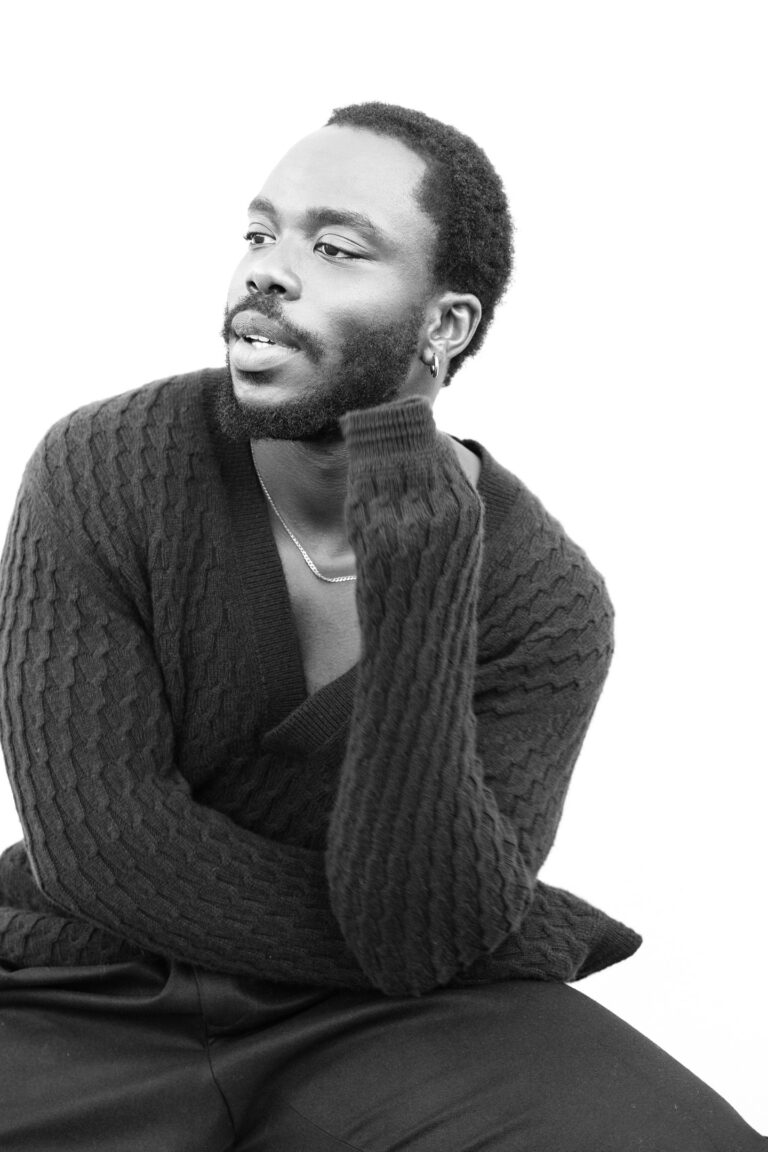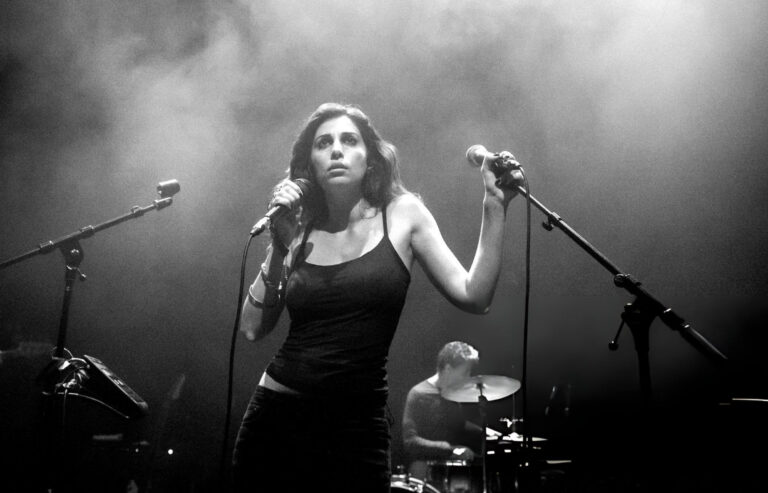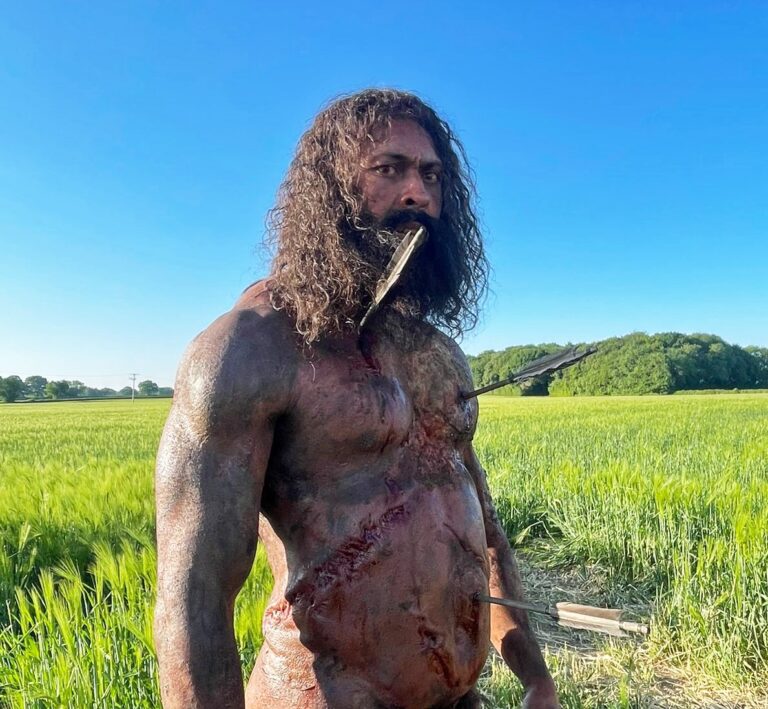It Was Just an Accident: Half Absurd Comedy, Half Nightmare
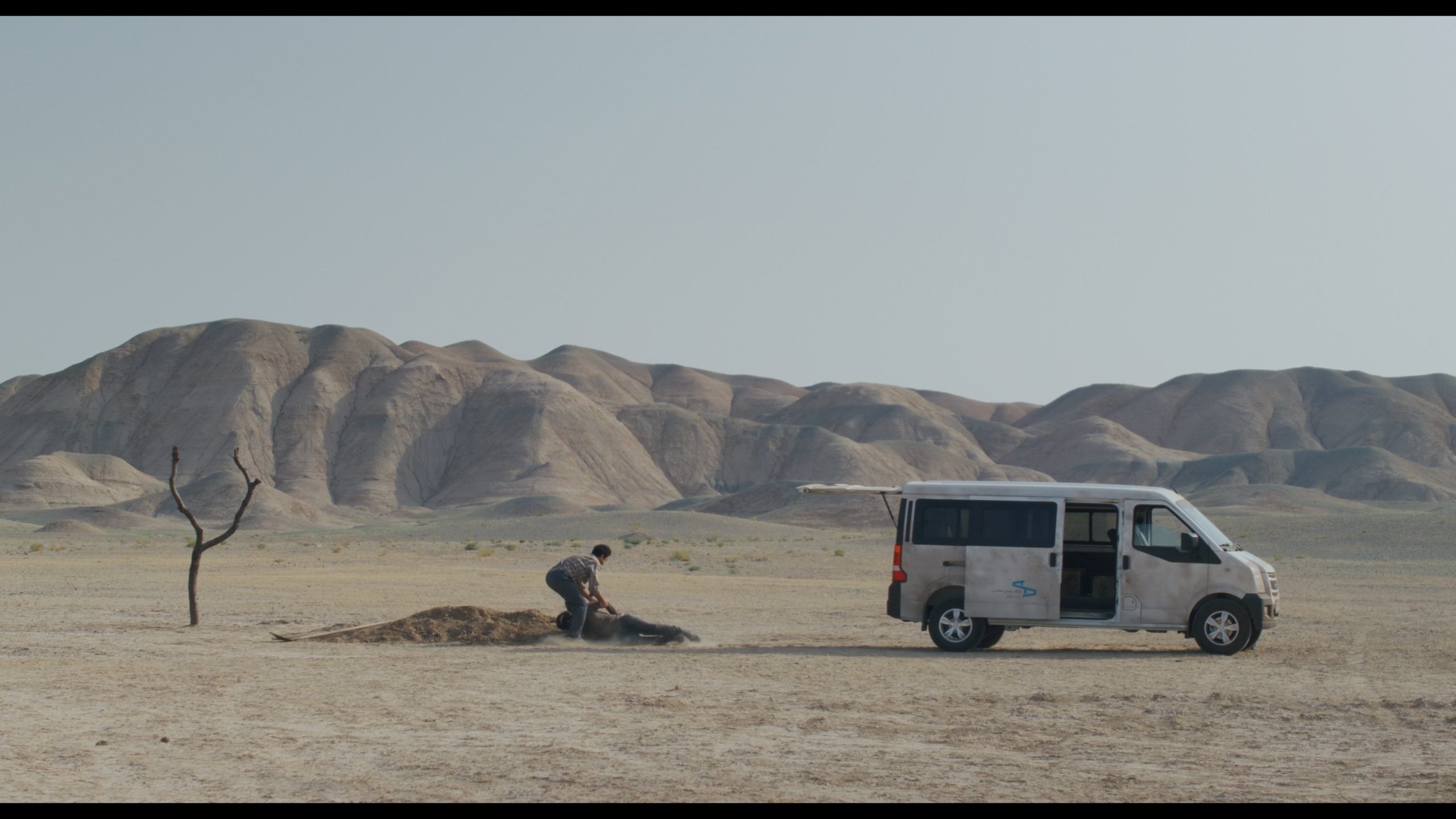
By
“It was just an Accident” marks Panahi’s first film this 2011 that isn’t “starring” him as himself, his first “Normal” fictional feature film. You see, in 2011, he was put under house arrest and banned from making films, he then made a trilogy of illegal films made under house arrest about the creative frustration of living under dictatorship, “This is Not A Film” and “Closed Curtains” filmed in his two houses (so under house arrest) and “Taxi” filmed by hiding a camera in a taxi and shooting the whole film with a hidden camera like a prank show.
The restrictions on him got looser, and he was able to make “regular” films again, but Panahi was still playing himself as the main character in the “fiction” films “Three Faces” and “No Bears”. As if when he became “relatively” free (as much as anyone can feel free under fascism), the effect of this period hasn’t left him. He still feels in prison, he still feels under arrest.
The fact that Panahi’s first film NOT starring Panahi is about a newly released political prisoner, is only the first of many punchlines in this half absurdist comedy, half suffocating thriller (bordering on psychological horror). It stars Valid Mobasseri as an ex-political activist, now older with limited physical and mental flexibility, whose old tormenter, a cog of the regime he was against and that took his best years, shows up in his life again. (Basically, an even more grounded version Leonardo DiCaprio in “One Battle After Another”)
The comparison to “One Battle After Another” surprisingly works, both are personal vulnerable, reflective, a desert set, political, road trip, comedy thrillers about “Now that we are older, what did we waste our lives on, was it worth it?”, Where the validity of political action is questioned, and Where the female characters are more confident than our endlessly relatable floundering main character, tormented by the past and the future, a future which manifests as a burning question: “Will someone please think of the young?”
But perhaps the biggest influence is “Waiting for Gadot”, with its almost apocalyptic absurdism and nihilism, this takes a similarly theatrical (especially with some incredible, VERY long takes featuring long dialogue scenes and monologues of multiple actors) approach to discussing its big ideas, albeit with a wider cast of entertaining, messed in the head characters, that directly discuss, and shout, the film’s ideas of Justice, Vengeance, Responsibility, Morality, and the nature of evil.
The fact that Panahi manages to get some humor from these characters, the source of which is how scarred and psychologically disturbed they are due to prison torture, is an interesting approach from Panahi’s rich but sometimes clumsy and uneven script (charmingly as clumsy as the characters). Panahi riffs on “12 Angry Men” and “Rope” but instead of one location he shoots on the streets of Tehran, in broad daylight. (Without shooting permits, Panahi, the always brave rebel, knowingly break the law by even making this film on so many levels, from topics to themes, to the shooting logistics themselves, to showing women without Hijab)
That said, this is a haunting film from scene one, full of stunning and eerie night scenes. The night has hardly ever looked so nightmarish in a film, with thick shadows, aggressive car lights, and distant barks of dogs. I left the theatre (without any exaggeration) feeling a heavy shortness of breath. It feels like daylight itself was a facade, a lie, as our main characters supposed “Freedom” after getting out of prison, a thin veil covering a beast.
Perhaps I shouldn’t keep comparing it to western works of art, saying this is a “More personal and politically urgent version of Hitchcock’s “Rope”” is valid, but saying it is a “Bleaker subversion of Makhmalbaf’s “A Moment of Innocence””. Panahi builds here on a respectable history of Iranian cinema, from Kiarostami’s intellectually stimulating road trips, to Farhadi’s intermingled moral dilemmas, and feels like a direct continuation or response to Rasoulof’s latest two films “Evil Does Not Exist” and “The Seed of The Sacred Pig”. It’s a film built on a specific Iranian experience, investigating the effects and scars of 50 years of dictatorships.
But, unfortunately for Panahi and Iran, but luckily for the film world, this is still a film about Jafar Panahi himself. Perhaps a thought experiment, a confession, a form of catharsis, or maybe, an admission of defeat.


